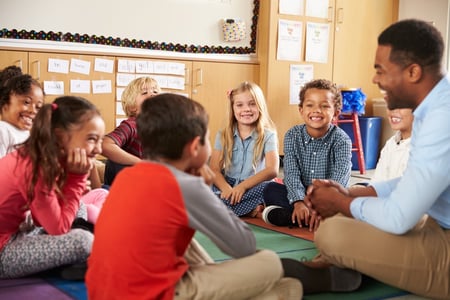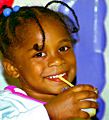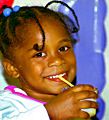Head Start: Early Interventions for Children & Families

Check out our blog for social-emotional learning articles, news, and more!

 This study examined qualitative aspects of the peer relationships of children with conduct problems in a laboratory assessment procedure. The sample consisted of 101 children aged 4 to 7 years identified by parents as having oppositional behavior problems. Positive social skills and negative conflict tactics were coded. Additionally, two categories assessing the reciprocal nature of the relationship were also coded, including behavioral "escalation" and "failure" to use social skills successfully with peers. Relations between observed peer interactions, child self-reports of peer relationships, observed and parent reports of home behavior interactions, and teacher reports of school behaviors were examined. Positive skills and failure to use skills with peers were related to loneliness and teacher reports of social competence, whereas negative behavior and escalation with peers were associated with school problems and home problems, respectively. Results are discussed in a developmental framework that highlights the potential importance of social behaviors within the peer context to later adjustment.
This study examined qualitative aspects of the peer relationships of children with conduct problems in a laboratory assessment procedure. The sample consisted of 101 children aged 4 to 7 years identified by parents as having oppositional behavior problems. Positive social skills and negative conflict tactics were coded. Additionally, two categories assessing the reciprocal nature of the relationship were also coded, including behavioral "escalation" and "failure" to use social skills successfully with peers. Relations between observed peer interactions, child self-reports of peer relationships, observed and parent reports of home behavior interactions, and teacher reports of school behaviors were examined. Positive skills and failure to use skills with peers were related to loneliness and teacher reports of social competence, whereas negative behavior and escalation with peers were associated with school problems and home problems, respectively. Results are discussed in a developmental framework that highlights the potential importance of social behaviors within the peer context to later adjustment.





